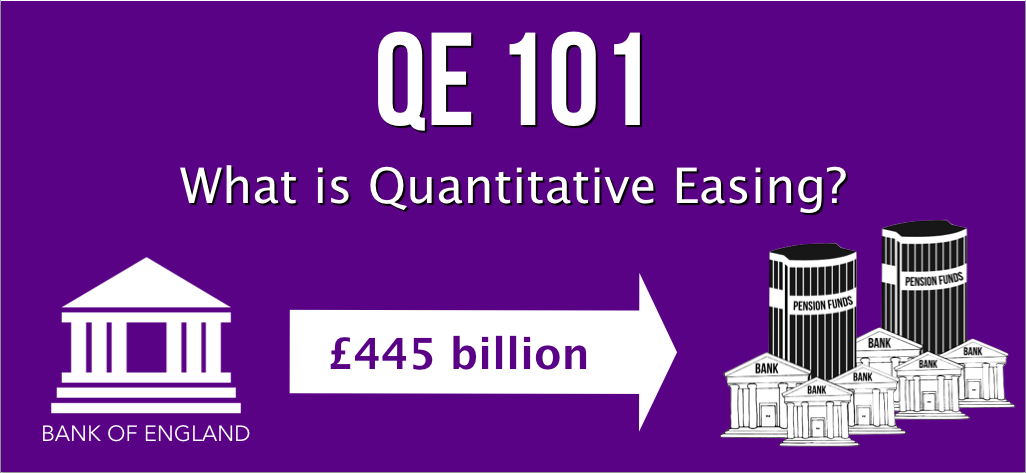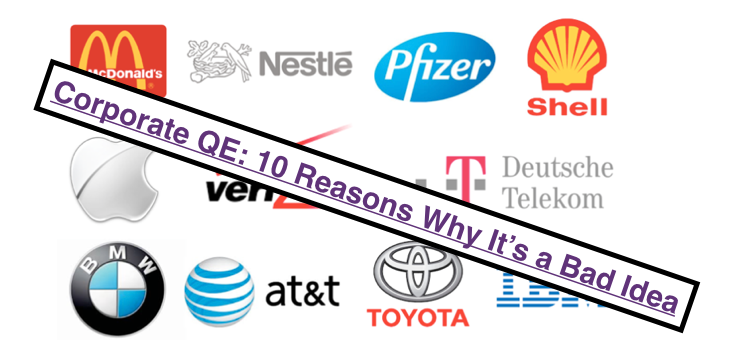Not many people know it, but in the aftermath of the EU referendum, the Bank of England effectively began subsidising some of the world’s largest corporations.
As part of its quantitative easing programme, the Bank is creating £10bn to buy corporate bonds. This lowers the cost of borrowing for the companies whose bonds the Bank deems eligible.
The Bank’s governor Mark Carney said that to benefit from the programme, companies must make a “material contribution to the UK economy”. But the list includes companies based overseas like AT&T, as well as others which have been accused of tax-dodging, like Apple.
We believe that the Bank shouldn’t be subsidising multinational corporations in this way, and we’re worried about the programme’s social and environmental consequences.

Research by the Grantham Institute found that because the bond purchases are skewed towards high-carbon sectors, it may also have worsened climate change.
It’s possible that the Bank will use this tool again in the future. Next time, we think it could be done in a way which supports a fair, democratic and sustainable economy.
Instead of creating money to boost the borrowing costs of big, foreign-owned companies, the Bank of England could work with the government to direct it towards things society needs. This idea is called QE for People, and instead of these decisions being made behind closed doors, they would be made in a way which is transparent and accountable to parliament.
As part of our QE for people campaign, Positive Money has been highlighting the amount of money the Bank of England is diverting to huge corporations, under its corporate bond purchasing programme.

